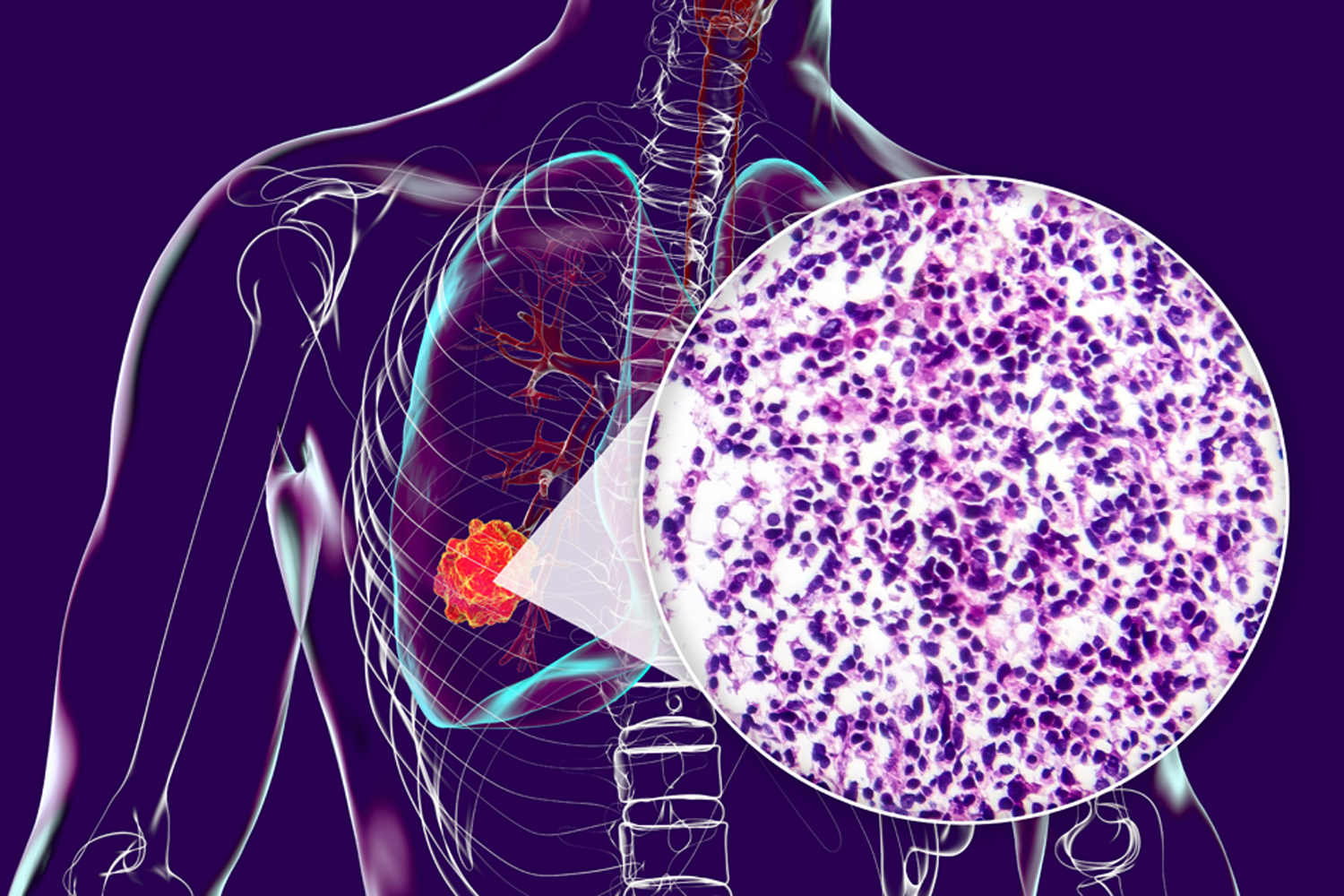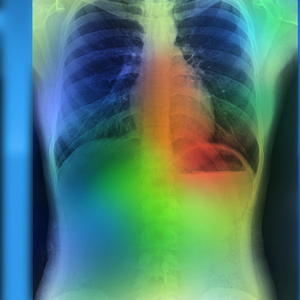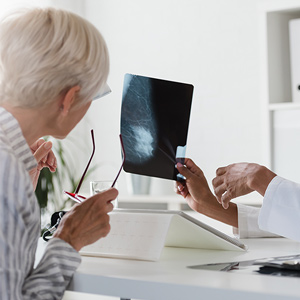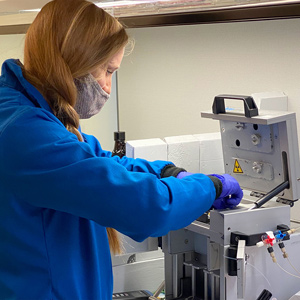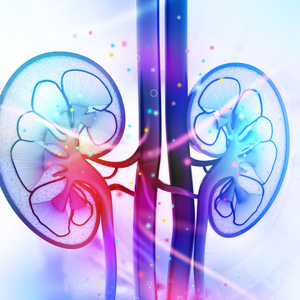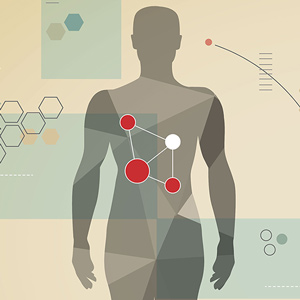-
Forward Look
Making Cancer Clinical Trials More InclusiveDespite efforts by policymakers, a gender gap persists in clinical trial participation.
by Lindsey Konkel
-
Forward Look
New Therapies for Metastatic Lung CancerSeveral targeted drugs were approved in 2020 to treat the most common type of lung cancer.
by Ashley P. Taylor
-
Forward Look
Immunotherapy Shows Promise for Treating Brain MetastasesTreatments capable of crossing the blood-brain barrier provide new options for patients whose cancer has spread to the brain.
by Bradley Jones
-
Forward Look
A Strategy to WatchSome rectal cancer patients may safely avoid life-altering surgery.
by Kristine Conner
-
Forward Look
Older Adults at Risk for Cancer OverscreeningMany older adults continue to be screened beyond the recommended age.
by Carisa Brewster
-
Healthy Habits
Daily DoseAspirin can be taken daily to reduce the risk of colorectal cancer, but it's not recommended for everyone.
by Bradley Jones
-
Forward Look
What’s Next? Spring 2021A new way to evaluate patients with prostate cancer.
by Christina Bennett
-
More Ways to Treat Advanced Kidney Cancer
New drugs and drug combinations are helping more patients live longer with advanced kidney cancer. But questions remain about how best to choose among them.
by Kendall K. Morgan
-
When Cancer’s Spread Is Limited
People with cancer that has spread to only a few locations—called oligometastatic cancer—may benefit from aggressive local treatment.
by Kate Yandell
-
Facts and Stats
The Five Phases of Clinical ResearchNew treatments in the U.S. are scrutinized in various ways before and after they are approved by the Food and Drug Administration.
by Bradley Jones
Cancer Talk
Treatment Combination Improves Survival in EGFR-positive Lung Cancer
Adding chemotherapy to targeted therapy improves outcomes for people with advanced EGFR-positive non-small cell lung cancer.
by Sandra Gordon
Lessons From 20 Years Living With CancerMultiple myeloma survivor Jonathan Gluck reflects on uncertainty, and the scientific progress that has kept him living with cancer for more than two decades.
by Eric Fitzsimmons
The Enduring Importance of Cancer Disparities ResearchOpening session from AACR conference highlights how perseverance and adversity have informed cancer disparities research over the years.
by Eric Fitzsimmons
Most Cancer Survivors Don’t Meet Healthy Diet GoalsDespite research linking fruits and vegetables to cancer survival, many people do not change their eating habits after diagnosis.
by Darlene Dobkowski

